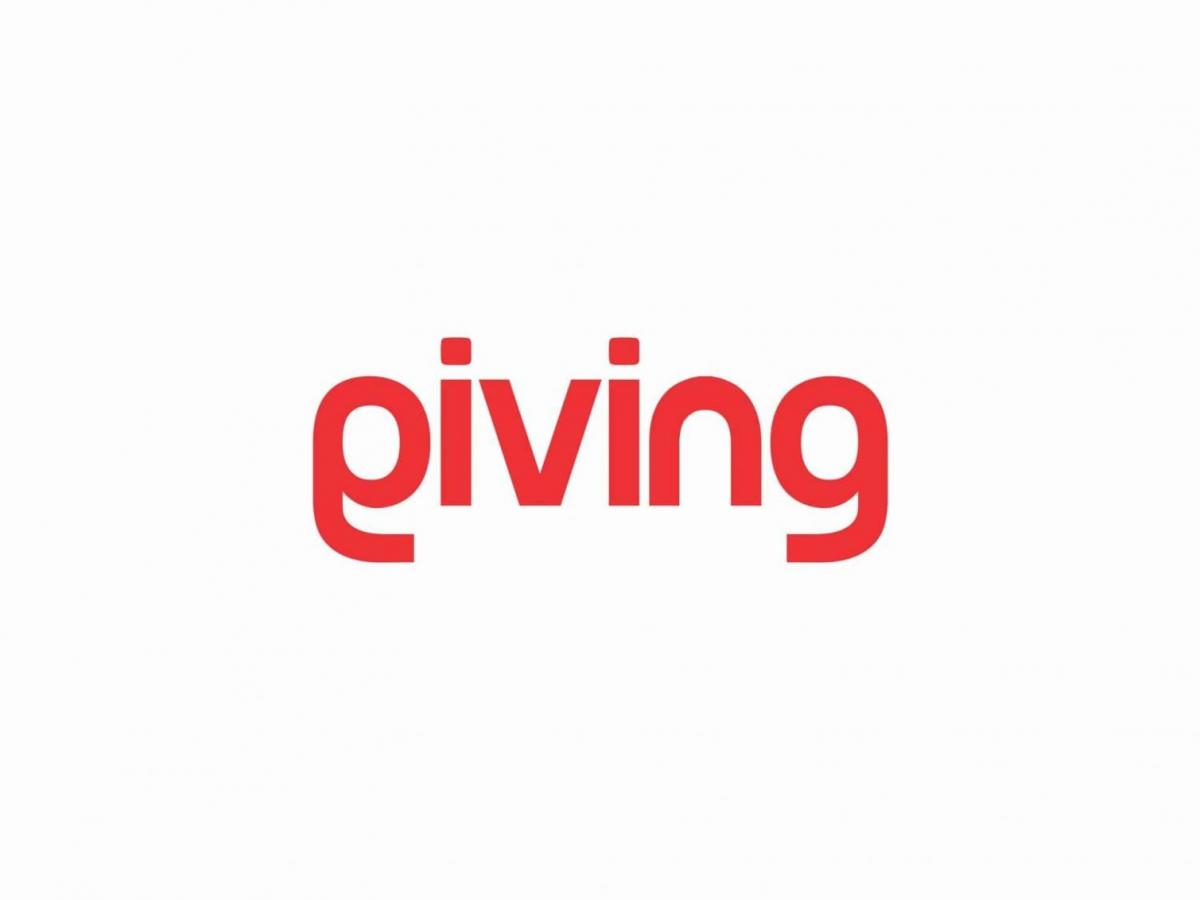THE Central Bank of Nigeria (CBN) and the Bankers’ Committee would extend special stimulus package to Nigerian-registered airlines and the media industry, CBN Governor Godwin Emefiele said on Tuesday.
The Bankers’ Committee said the gesture will mitigate the impact of Coronavirus on the sectors and to save jobs.
Addressing the chief executives of the banks during the bi-monthly virtual meeting of the Bankers’ Committee, Emefiele urged them to support the airlines.
He noted: “Such support is critical to helping the industry recover from the economic crisis triggered by the COVID-19 pandemic.”
The apex bank chief also urged the banks to support the efforts of the media industry to cope with the lingering pandemic.
According to him, supporting the media would go a long way in averting massive job losses in the industry.
The CBN had in the advent of COVID-19 in Nigeria, announced a N1.2 trillion intervention fund to support critical sectors of the economy, N1 trillion of which was to support local manufacturing sector and to boost import substitution.
Out of the fund, N100 billion was to support the health sector in equipping laboratories and enhancing research to produce vaccines and test kits in Nigeria.
Also in March, the bank unveiled guidelines for the implementation of a N100 billion Targeted Credit Facility (TCF) as a stimulus package to support households and micro, small and medium enterprises affected by the pandemic.
With the expected support for the media, many operators would be able to weather the storm triggered by the pandemic.
The Committee also moved to boost foreign exchange (forex) liquidity as the CBN directed all banks in to submit the names, addresses and Bank Verification Numbers (BVN) of exporters that have defaulted in repatriating their export proceeds, for further action.
The directive by the CBN Governor came barely 24 hours after the apex bank announced the abolition of third-party “Forms M” payment.
It also followed the adoption of the strategy to discourage over-invoicing, which some businesses have allegedly used to divert foreign exchange from the country, through the opening of “Forms M” for which payment are routed through a buying company, agent, or other third parties.
In a statement, the Bank’s Director of Trade and Exchange, Dr. Ozoemena Nnaji, explained that the directive was aimed at ensuring prudent use of Nigeria’s foreign exchange resources and the elimination of incidences of over-invoicing, transfer pricing, double handling charges and avoidable costs that are ultimately passed to the average Nigerian consumer.
In the past, the CBN warned exporters conducting export activity against diverting foreign exchange from the export proceeds, instead of repatriating same home.
The CBN, in collaboration with the Bankers’ Committee, threatened heavy sanctions against exporters who failed to repatriate foreign exchange proceeds from their international business.
It stressed that its Foreign Exchange Manual provided that all exporters should repatriate export proceeds back to the country to support the local currency and boost the economy.
A number of punitive options open to the apex bank, include, but not limited to, barring the exporters from the foreign exchange market and other banking services.
Emefiele plans to meet the Chief Executives of multinational companies to discuss how to revamp exports.
Emefiele noted: “The CBN was ready to encourage the revamp of Nigeria’s export sector through deliberate policies that would boost investment and job creation.”
Decrying the situation where many Nigerian produce of export quality were waiting to be tapped, Emefiele said the CBN, in collaboration with the Federal Ministry of Industry, Trade and Investment, would ensure the facilitation of a reboot of the Nigerian export market.
Alluding to President Muhammadu Buhari’s charge for Nigerians to produce what they eat and eat what they produce, the CBN boss reiterated that the country had no choice but to diversify its economy from heavy reliance on crude oil.
The meeting is expected to come up with a roadmap on how best to revitalise the export sector in order to earn foreign exchange (forex) for the country, as well as generate jobs for millions of Nigerians.
Emefiele had earlier initiated a campaign, tagged: “Produce, Add Value and Export (PAVE)”, especially for the agricultural produce.
The Nation







